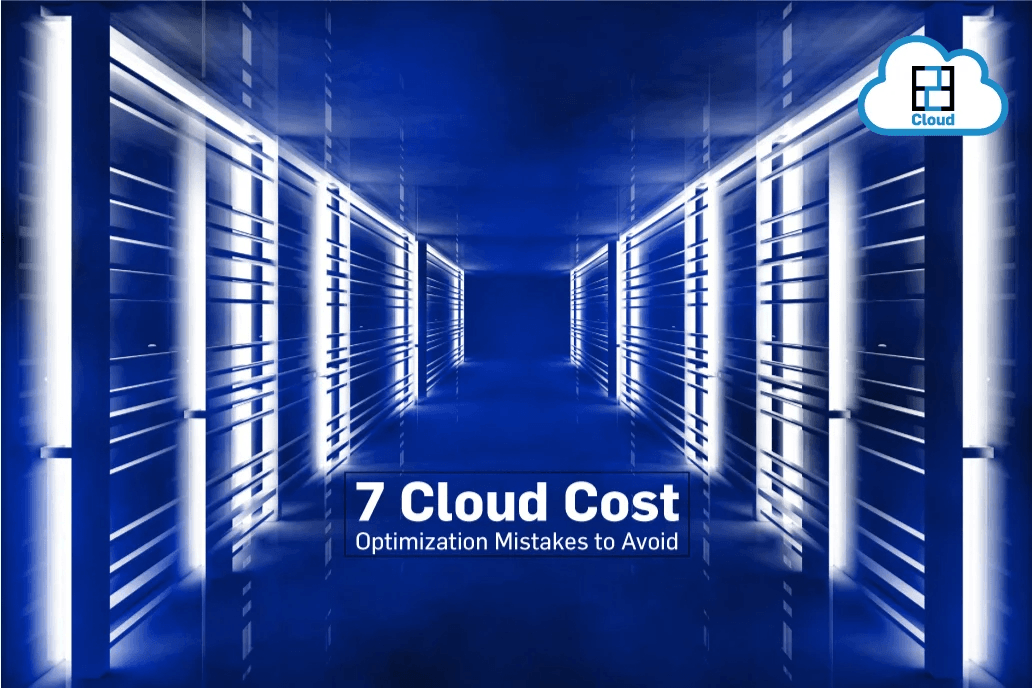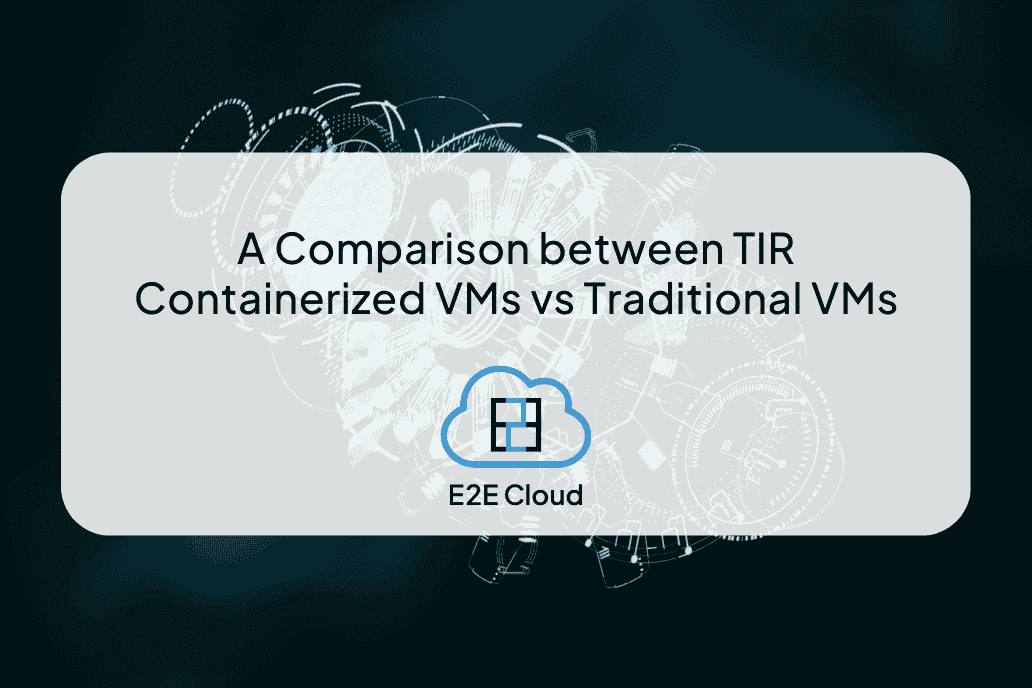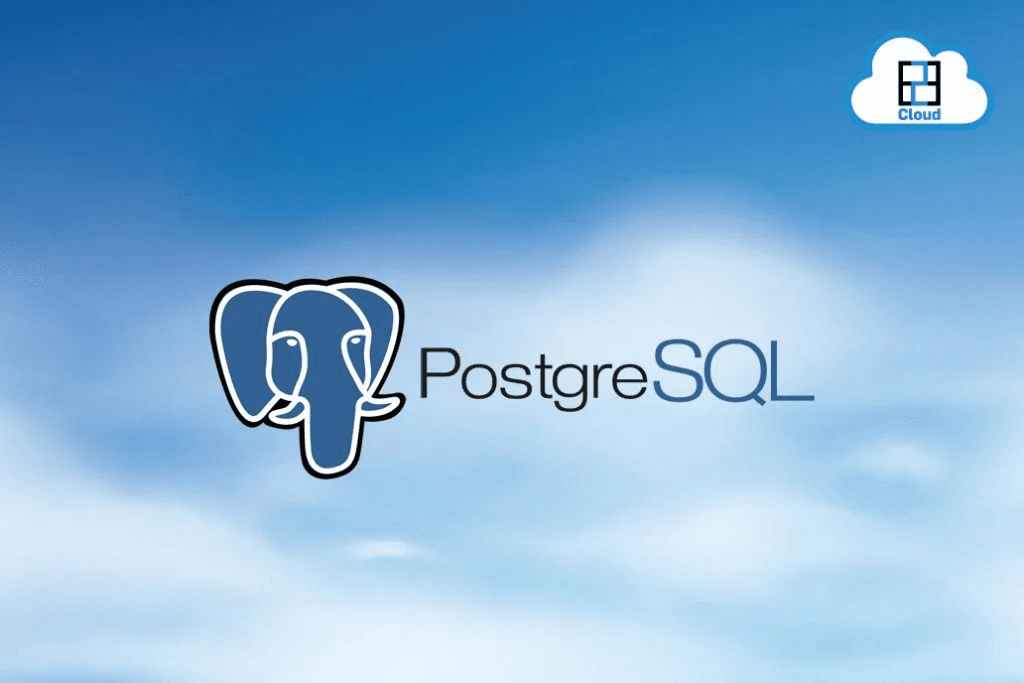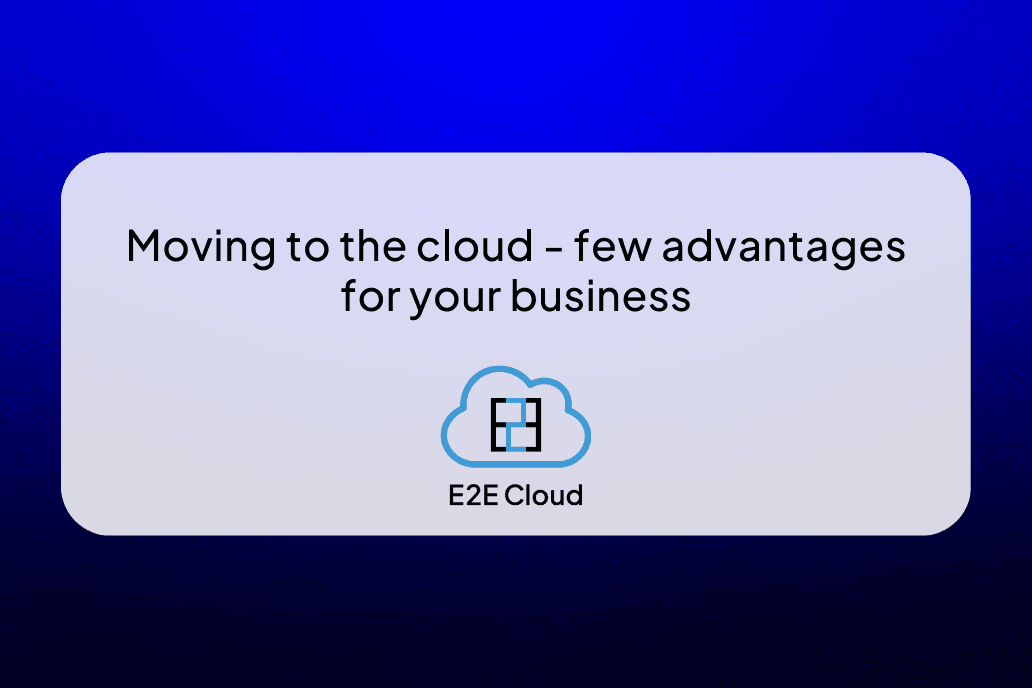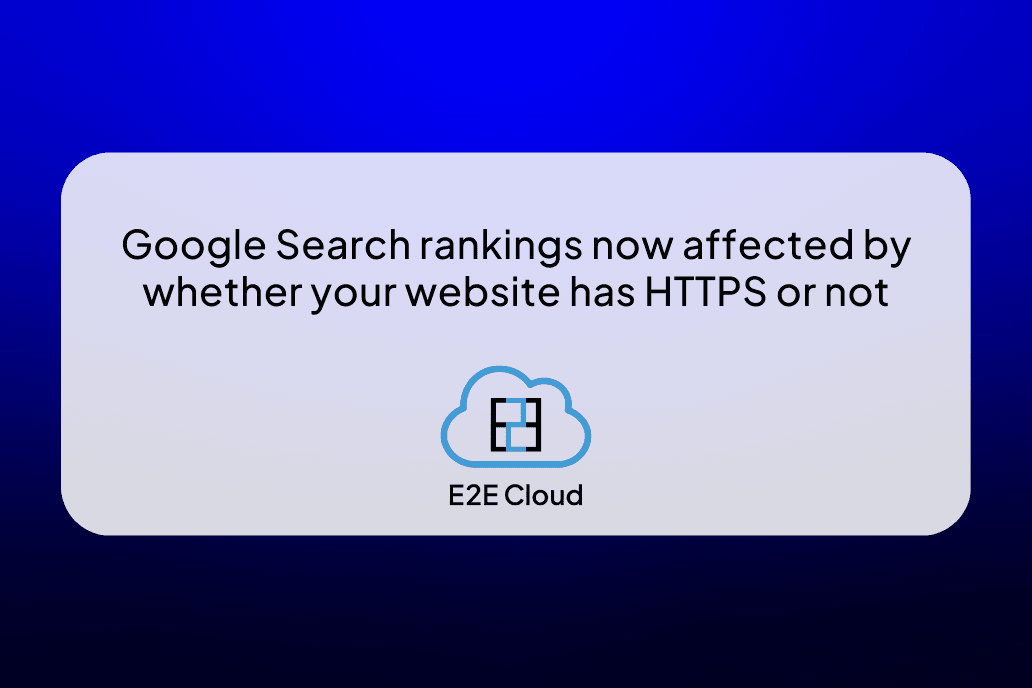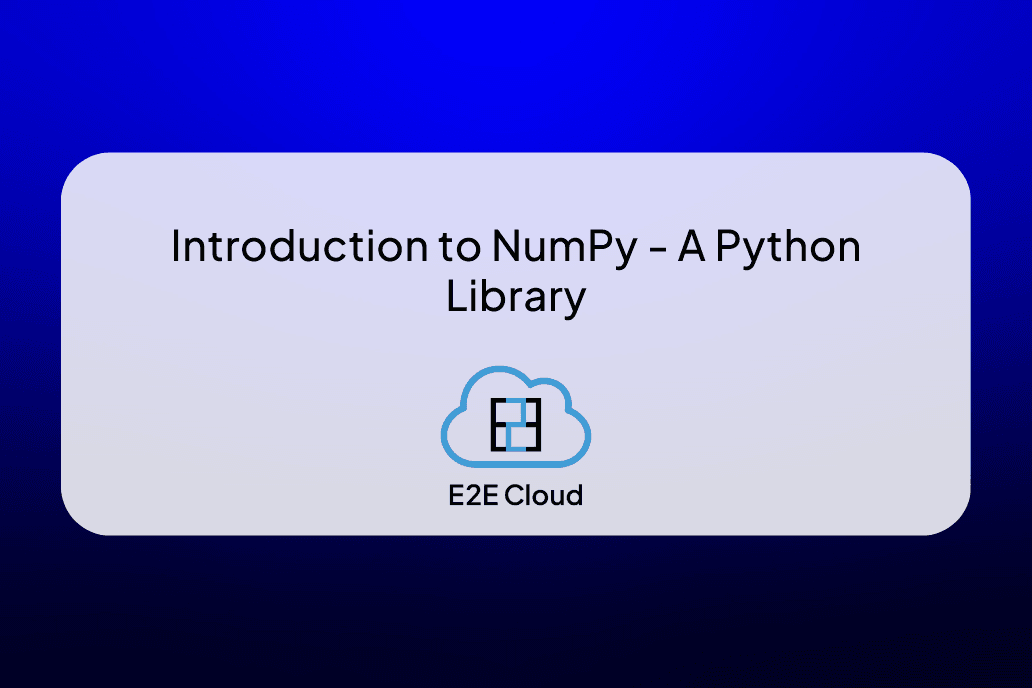If you are looking for an easier way to manage virtual machines, using cloud servers and shared cPanel to curate your website is the most secure way to run your system. If you are already familiar with Linux terminals or are an advanced user of Linux and have a command-line interface, a Linux cloud server is the next step for you. With multiple distributions (distro) to choose from, Linux cloud servers provide the highest level of security.
In this article, we have summed up a few benefits and ways to maximise the use of Linux cloud servers.
Save yourself from hardware maintenance.
There are many advantages of cloud servers. You need not worry about hardware maintenance in a data centre, like managing cables or taking care of hard drives. With cloud servers, your system is safe from any physical server issues that include network-related problems and hardware failures. When a server is outed or experiences an issue, you can launch another server, ensuring zero downtime.
Predictable locations for your files
Earlier, cloud servers were difficult to handle or use, and scaling and optimising servers required expertise. However, with today’s advanced technology and cloud servers, you can easily keep track of your system and customise your domain via an intuitive dashboard. All your files are saved in predictable locations over the cloud, helping you reach your files faster without issues. You need not have a technical background to run a cloud server especially when you are taking cPanel servers.
Multiple servers
If you’re on a single server, it can be a hassle when you need your system to operate quickly. You’ll probably be stuck, waiting for the server to be ready. Linux cloud servers ensure speed. In addition to increasing your system’s capacity effortlessly, cloud servers allow you more comfortable load balancing between multiple server environments, which does not pressure and exhaust a single server’s resources. When you’re on a single server, if there arises any issue on a server, your system will go offline too. You’ll be unable to go online until the server is fixed. With cloud servers, you have a live version of your whole system that can load immediately with zero lag time.
High uptime
If you’re using any dedicated servers, your site’s uptime depends on the physical server environment. Your site depends on the servers, and if they go offline, your site will too. Cloud servers with load balancing setup provides a higher uptime since your site will use multiple servers to gather and present your files.
Backups for recovery
Thanks to cloud tech’s fast-paced development in backups, a cloud server backup is faster and more productive than physical backups or dedicated servers. A virtual server backup may seem similar to a physical server backup from a technical point of view, but a physical server backup is far more complex to manage. If you follow the old-school dedicated server backup instead of a virtual one, there will be problems. It is time-consuming to backup software, and there could be difficulties identifying a particular server.
Multiple distros to choose from
There are many distributions or “distros” available on Linux. You can choose any distro that is fit for your needs. Some distros of Linux are CentOS, Redhat, Fedora, Ubuntu, Linux Mint, etc. If you are a beginner, you should go for Ubuntu. If you are an advanced programmer and understand the technical aspects, you can use Fedora.
Cheaper plans for long-term usage
If your traffic levels are constantly fluctuating, Linux cloud servers are suitable. With these servers, you can quickly scale your server according to the traffic you need to handle. This level of scalability is not easy with a dedicated server system. Also, the costs are lower since you’re not offered technical support or software with operator licensing fees.
Security
With Linux cloud Servers, the most significant benefit is security. A cloud is intangible. However, a server is governed by the same security practices for all its users. Linux cloud servers provide top-notch security using firewalls, antivirus scanners, and DDoS– distributed denial of service protection.
Conclusion
In a world where technology is changing every minute, and every aspect is moving towards the cloud, Linux provides one of the best cloud servers for you to manage and optimize your domain and system with utmost security and control.
To know more please signup here: https://bit.ly/2ZiwMTj
